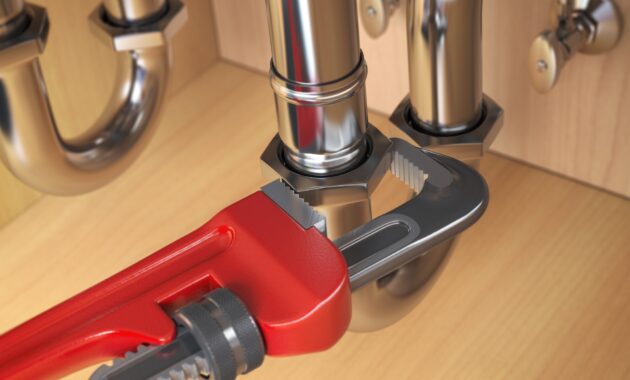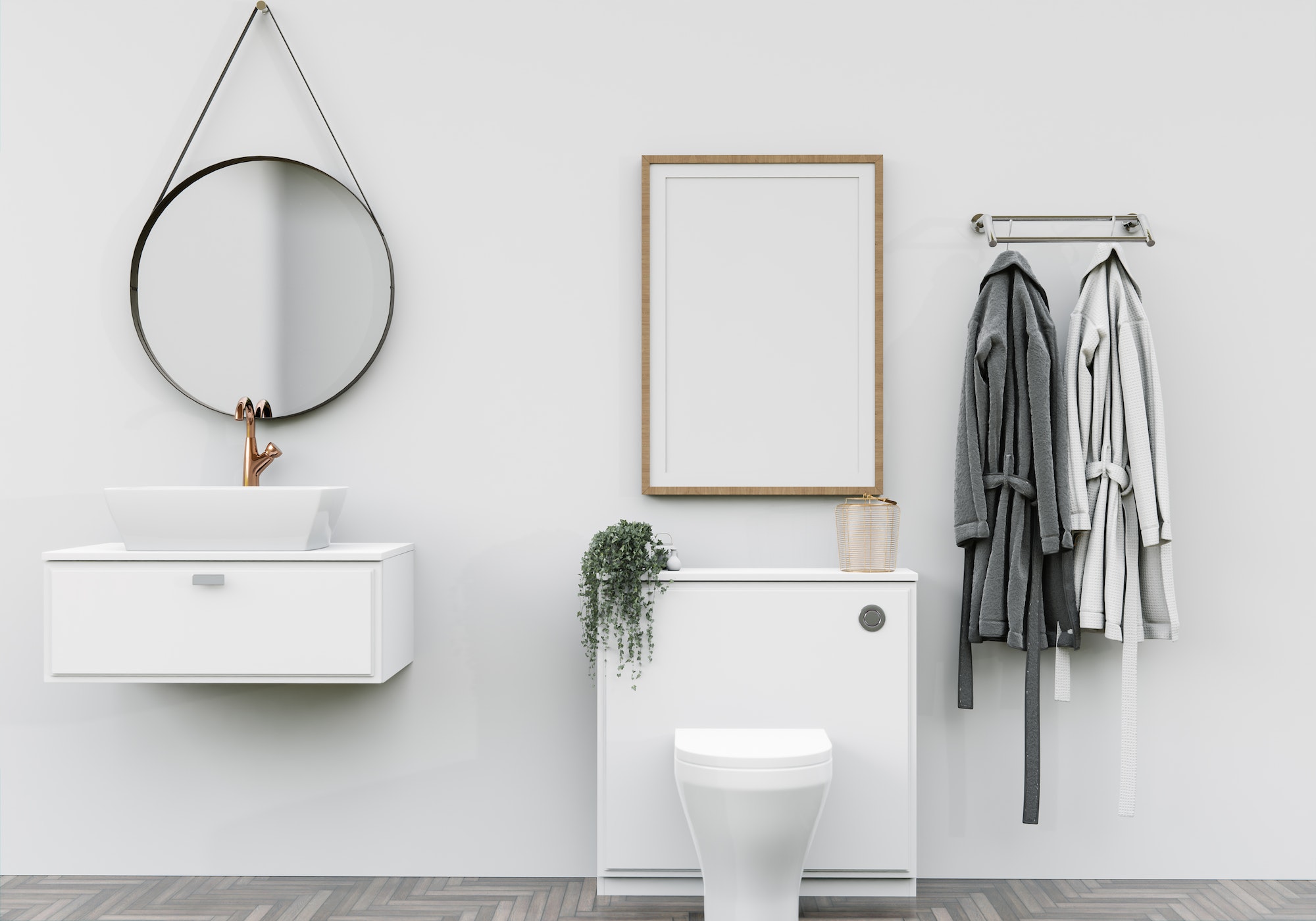A functional plumbing system is one of the cornerstones of a comfortable home; from providing clean drinking water to removing wastewater, it ensures that daily tasks are carried out easily and efficiently. Unfortunately, many homeowners don’t know much about how their plumbing systems work – or when things start going wrong. In this blog post, we’ll discuss the importance of understanding your home’s plumbing and how keeping it in top condition can help preserve convenience and comfort for you and your family. Read on to learn more.
1. Get Professional Assistance
Professional assistance is paramount when it comes to maintaining the health of your plumbing system’s health. A certified plumber has the skills and knowledge to diagnose, repair, and prevent plumbing issues beyond most homeowners’ capacity. They can effectively identify the cause of problems, such as leaks, clogs, or low water pressure, and provide the appropriate solutions.
Moreover, a professional plumber isn’t just for fixing things that go wrong; they can also provide vital preventive maintenance. Regularly scheduled inspections and tune-ups from a local plumbing company can catch minor issues before they become major problems, saving you inconvenience, time, and money in the long run. Plus, professional advice can help you make informed decisions about upgrades or replacements that could improve your home’s efficiency and comfort.
2. Keeping Things Clean
Maintaining cleanliness within your plumbing system is crucial for its operation and performance. When drains, pipes, and fixtures are kept clean, it helps prevent clogs, foul odors, and damage to your plumbing system and appliances. For example, regularly cleaning shower and sink drains can prevent the buildup of hair, soap scum, and other debris, leading to blockages and slow draining.

In addition, keeping fixtures like faucets and showerheads clean can not only improve their performance but also extend their lifespan. Hard water can cause mineral buildup on fixtures, which can restrict water flow and cause damage over time. Regular cleaning can prevent this buildup and keep your fixtures working efficiently.
3. Invest in Quality Plumbing Supplies
High-grade materials and equipment are designed to withstand the rigors of regular use and resist wear and tear, offering long-term reliability. Choosing superior quality pipes, faucets, showerheads, and other fixtures is not just about aesthetics; it also significantly prevents leaks, drips, and other common plumbing issues that can lead to water waste and costly repairs.
Moreover, quality plumbing supplies can also contribute to the overall efficiency of your home. For instance, modern high-efficiency faucets and showerheads can help reduce water usage, while energy-efficient water heaters can lower energy consumption and provide hot water whenever needed.
4. Upgrade Old Plumbing
Over time, plumbing systems that are not maintained and upgraded can become inefficient or even unusable. If you are dealing with frequent clogs, leaks, or breakdowns in your current system, consider replacing some of the older parts. Additionally, upgrading old fixtures with energy-efficient models can help improve water pressure and reduce water consumption.
A complete overhaul of your home’s plumbing system is a big undertaking, so getting the job done right is vital. A certified plumber can assess your needs and provide you with an accurate estimate of the costs involved. They can replace old parts and fixtures from there while ensuring everything meets local building codes and safety regulations.
5. Learn to Detect Common Issues
While professional assistance is essential for maintaining a plumbing system, homeowners should also be familiar with the signs of common problems. Things like low water pressure, discolored water, and foul odors are warning signs that indicate something is amiss. Recognizing these issues as soon as they arise can help you seek timely professional assistance before things worsen.
Furthermore, it’s essential to familiarize yourself with the shut-off valves in your home. Knowing where the water main valve is located in a plumbing emergency can help minimize water damage and prevent further destruction.
6. Regular Maintenance
Regular maintenance includes a variety of tasks, such as inspecting for leaks, keeping drains clear, checking water pressure, and cleaning fixtures regularly. Timely servicing of critical components like water heaters, sump pumps, and garbage disposals is also essential. Sticking to a regular maintenance schedule can prevent minor issues from escalating into serious problems, saving you from expensive repairs and replacements down the line.
A professional plumber can provide comprehensive maintenance services tailored to your home’s needs. They can offer in-depth inspections, identify potential issues early on, and provide expert advice on necessary repairs or upgrades. Regular maintenance helps you avoid plumbing emergencies and enhances your home’s comfort and convenience by ensuring a steady supply of clean water and efficient drainage.
An effective plumbing system is essential for the comfort and convenience of your home. To keep it running smoothly, you must invest in quality supplies, perform regular maintenance, and upgrade old fixtures when necessary. Additionally, learning to recognize common plumbing issues and how to use the shut-off valves can help you stay on top of any problems. Following these tips ensures that your home’s plumbing system offers the highest comfort and convenience.
Discover more from Futurist Architecture
Subscribe to get the latest posts sent to your email.

![modern apartment [article_title]](https://www.futuristarchitecture.com/wp-content/uploads/2025/03/6-Eccentric-Hacks-to-Bury-Baskets-in-a-Treasure-Hunt-900x600.jpg)

